READY TO GET STARTED?
REQUEST A FREE ESTIMATE
Fill out the form below or call (888) 466-7849 for a free, no-obligation estimate.
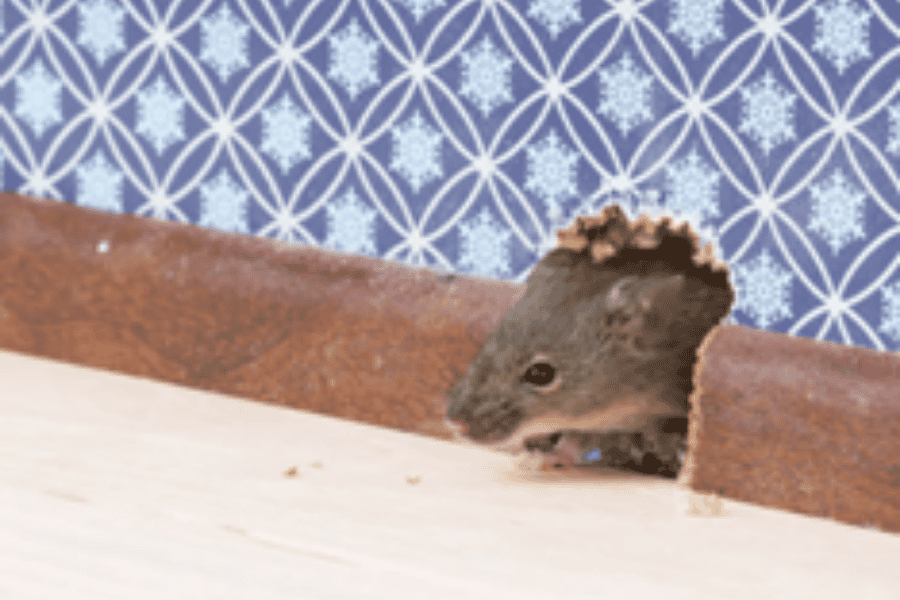
Rodents can cause serious damage to both your home and your health. If you live in Broward County, Florida, and want to protect your home from these pests, this guide will help you understand how to deal with rodent infestations effectively while keeping your living space safe.
This post will cover the types of rodents common in the area, why they’re such a problem, and the most effective ways to handle infestations. By the end, you’ll be equipped with practical solutions for dealing with rodents in your home.
Florida’s warm, year-round climate is an ideal environment for rodents like rats and mice, which thrive in urban areas and can cause significant structural damage. Common rodents in Broward include Norway and roof rats, both of which are known to spread diseases and damage insulation, wiring, and wood.
While managing a rodent infestation can be challenging, there are a number of effective ways to deal with it, from preventive measures to active control strategies.
The first step in controlling rodents is preventing them from entering your home in the first place. Inspect your home for gaps around doors, windows, and utility lines. Use durable materials like steel wool, copper mesh, or caulking to seal off potential entry points. Regularly check attics and crawl spaces for signs of rodent activity.
Traps and bait are some of the most common methods for controlling rodent populations. While traditional snap traps are effective, there are also more humane options available. Live traps, for instance, allow you to capture and release rodents away from your property. For bait, consider using alternatives to toxic chemicals, such as non-poisonous bait stations that are safe for pets and children.
Certain smells are known to deter rodents. Some natural repellents, like peppermint oil, can be used to create a barrier around entry points or areas where you’ve spotted rodent activity. Other deterrents include cayenne pepper and vinegar-water sprays.
Prevention is always better than dealing with an infestation. Here’s how you can minimize the risk of rodents in Broward County:
Dealing with rodent infestations quickly is essential to prevent long-term damage to your home and health. Rodents are not only a nuisance, but they can also spread diseases like leptospirosis, hantavirus, and salmonella. Taking steps to secure your home and eliminate food sources for rodents will make your living environment safer for you and your family.
By implementing these practical rodent control strategies, you can maintain a pest-free home and avoid the structural damage and health risks associated with rodent infestations in Broward County. Contact a pest control company near you today to get started.
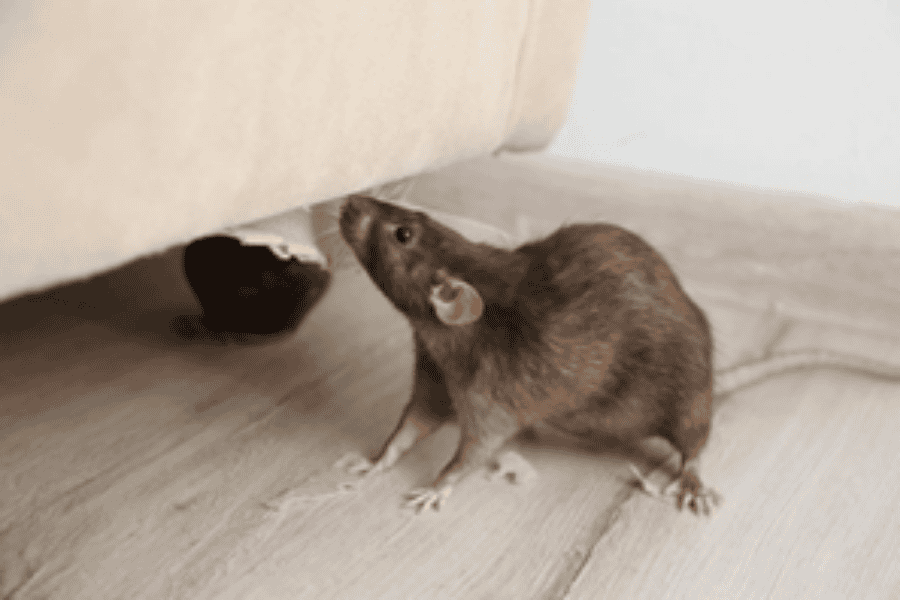
Winter brings cozy nights and festive moments, but for Pompano homeowners, it also signals the season when rodents like rats and mice seek shelter indoors. These uninvited guests can cause damage and spread health risks, but with the right measures, you can keep them out of your home. Here’s a guide to preventing rodent infestations this winter.
As temperatures drop, rodents look for warm spaces to nest. Here’s why they invade homes in winter:
Taking proactive measures can help protect your home from these winter invaders.
Keep an eye out for these common signs of a rodent invasion:
If you spot these signs, take action quickly to prevent further damage.
Rodents can fit through tiny gaps, so be diligent about sealing them:
Remove potential food and water sources:
A clean, well-organized environment makes your home less inviting to rodents.
There are a variety of traps to deal with rodent infestations:
If you’re uncomfortable setting traps, reach out to a pest control service for assistance.
A tidy yard reduces access points to your home:
A well-maintained yard makes it harder for rodents to gain entry.
If DIY solutions aren’t enough, consider professional rodent control services. Experts can provide:
Rodent-proofing your home doesn’t have to be difficult. By sealing entry points, setting traps, and maintaining your yard, you can ensure your home stays rodent-free this winter. For those seeking professional help, there are trusted pest control services ready to assist with comprehensive inspections and lasting solutions.
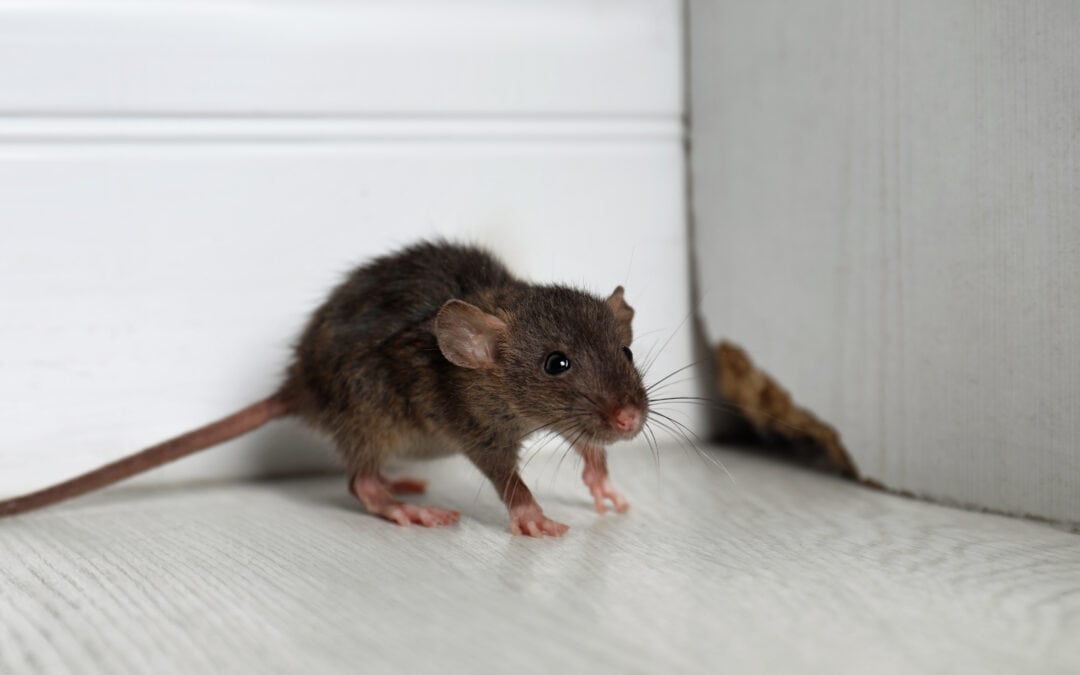
If you’ve noticed the unwelcome signs of rodents in your Florida home, like droppings, gnaw marks, or that unsettling scratching sound in the walls, you’re probably wondering, why are these creatures invading my space? Rodents like rats and mice are notorious for seeking shelter indoors, especially in Florida’s warm, humid climate. In this blog, we dive into what attracts rodents to your home and what you can do to keep them out!
Rodents are always on the hunt for a quick meal. If you have easily accessible food sources, such as open trash bins, pet food, and even crumbs on the floor, your home becomes an all-you-can-eat buffet! Even pantry items stored in cardboard boxes can be tempting to these critters.
Florida’s weather can fluctuate, with heavy rains or hot summers driving rodents indoors. These creatures are experts at finding entry points, no matter how small. Cracks in walls, open windows, or gaps under doors can be all they need to get inside.
Rodents need water to survive, and your home offers plenty of options. Leaky faucets, standing water in sinks, or even condensation around pipes can draw them to your property. Once they find water, they’re likely to stick around!
Rodents love cluttered spaces because they offer excellent hiding spots. If your attic, garage, or basement is filled with boxes or old furniture, rodents will feel right at home. These critters can also hide in areas like behind appliances or inside walls.
It may seem like an impossible task but it is possible to deter rodents from your property with a few, simple preventative measures! Consider these DIY rodent prevention tips:
If you’ve taken steps to prevent rodents and they’re still getting in, it’s probably time to call a local wildlife company near you. They can inspect your home, figure out what attracts rodents to your home, identify how they are getting in, and apply treatments to stop them in their tracks!
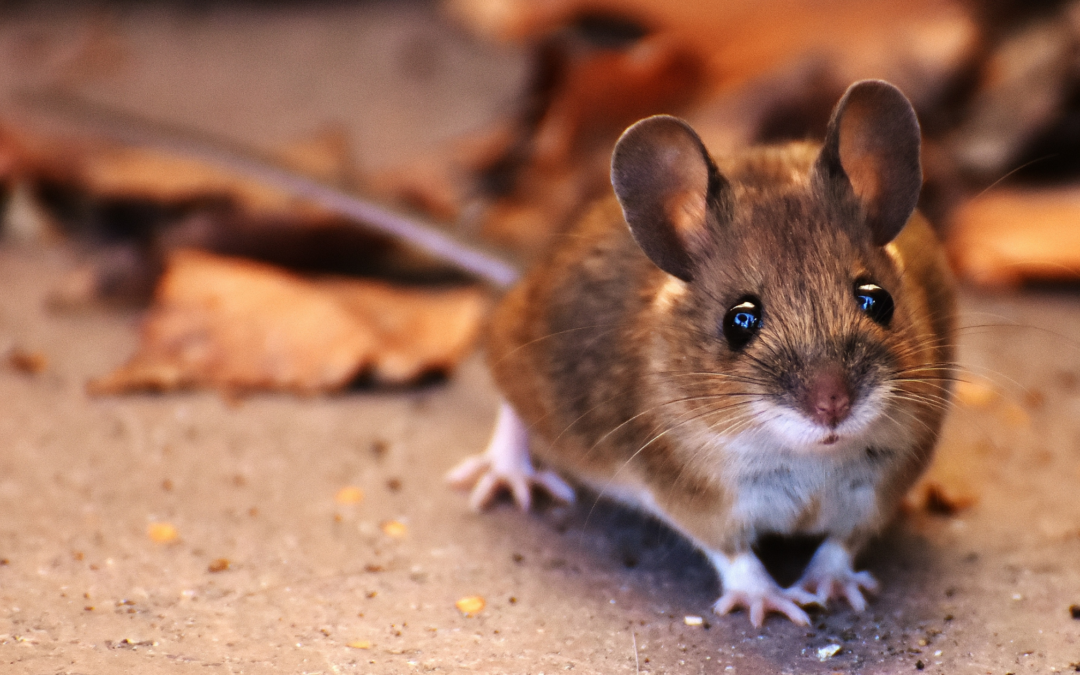
Rodents are a common issue for homeowners in Georgia, particularly during certain times of the year. Understanding when these pests are most active, the risks they pose, how they infest homes, and how to prevent them can help protect your home from unwanted intrusions. In this guide, we’ll dive into the types of rodents found in Georgia, the signs of a rodent infestation, and effective rodent control methods, ensuring you can safeguard your property all year round.
In Georgia, the most common rodents that homeowners may encounter include:
Each of these rodents can cause significant damage to homes and property while also posing health risks to humans.
Rodents are active throughout the year in Georgia, but their behavior varies depending on the season:
Because of Georgia’s relatively mild winters, rodents can stay active year-round. However, it’s the fall and winter months when infestations typically peak, as rodents prioritize indoor shelter for survival.
Rodents are not just a nuisance; they pose serious health risks and can cause costly property damage. Here are the primary concerns associated with rats and mice:
Rodents are highly adaptable creatures that can enter homes through small cracks, gaps, and holes in walls, foundations, and roofs. In fact, a mouse can squeeze through an opening as small as a dime, and rats need only a quarter-sized gap.
They are drawn to homes for three main reasons:
To protect your home, it’s crucial to identify the early signs of a rodent infestation. Here’s what to look out for:
If you notice any of these signs, it’s time to take immediate action to prevent a full-blown rodent infestation.
Preventing a rodent infestation requires a combination of proactive measures and regular pest control services. Here are some effective ways to keep rodents at bay:
While DIY rodent control methods can be helpful for prevention, a professional rodent exterminator is essential if you have an active infestation. Pest control experts have the tools and knowledge to identify the extent of the infestation and eliminate rodents safely and effectively.
In addition to removing rodents, a professional pest control company can help prevent future infestations through regular inspections and treatments. Many homeowners search for rodent control near me to find a reliable pest control company that offers tailored solutions for their needs.
Rodents in Georgia are a year-round concern, with peak activity occurring during the fall and winter months. By understanding the risks rodents pose, recognizing the signs of an infestation, and taking preventative measures, you can protect your home from these destructive pests. However, when a rodent problem becomes too large to handle on your own, it’s time to call in the professionals. Whether you’re dealing with rats and mice or other household pests, a trusted pest control company can provide the rodent control solutions you need to keep your home safe and pest-free.
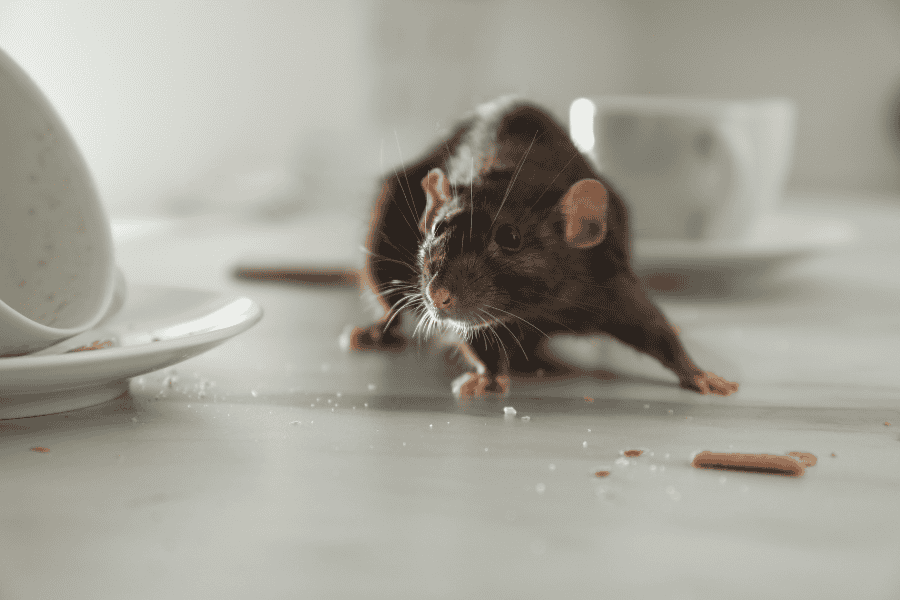
Winter can be a cozy time for many Alabama homeowners, but it’s also the perfect time for rodents to start seeking warmth and shelter – often inside our homes! To keep your property rodent-free during the colder months, placing a few DIY preventative measures can make all the difference. Let’s dive into some practical and easy-to-implement tips to help you protect your home from unwanted wildlife visitors year-round.
Rodents can squeeze through surprisingly small openings. Inspect your home for gaps around doors, windows, and your home’s foundation. Use weatherstripping or caulk to seal up any cracks or holes. Don’t forget to check for openings around pipes, vents, and utility lines—these are common entry points that rodents love.
A clean home is less attractive to rodents. Be sure to store food properly by keeping food in airtight containers, especially in the pantry. Likewise, look to clean up crumbs by regularly sweeping, mopping, and vacuuming to eliminate food scraps that could attract rodents. Don’t forget to take out the trash on a regular basis and dispose of it in trash bins that are tightly sealed.
Your yard is the first line of defense against rodents, so it’s important to keep it well-maintained. Trim back your vegetation throughout your property as rodents love to hide in overgrown shrubs and tall grass. Keeping this trimmed will help to reduce their hiding spots. Clear away piles of leaves, wood, and other debris that could serve as shelter for rodents. Look to keep any firewood or lumber at least 20 feet away from your home and elevate it off the ground.
Sometimes, despite your best efforts, rodents find a way in. If you’re dealing with an infestation or want to ensure your home is protected, it might be time to call a pest control company near you. These professionals can assess your home, provide rodent control treatments, and offer advice specific to Alabama’s climate and rodent population.
Keeping your Auburn home rodent-free during the winter months doesn’t have to be difficult. With a little effort, you’ll enjoy a cozy, rodent-free winter season.